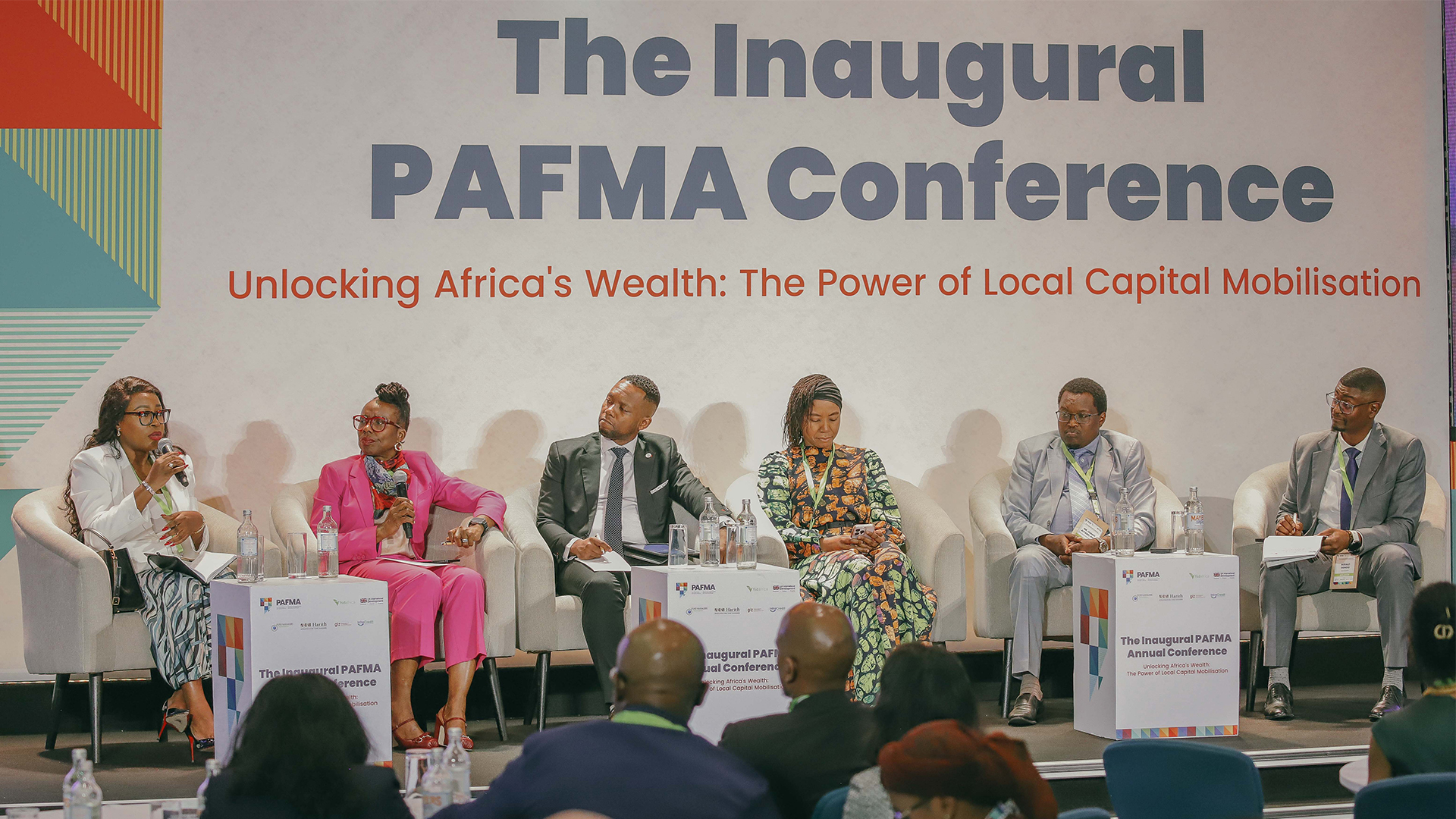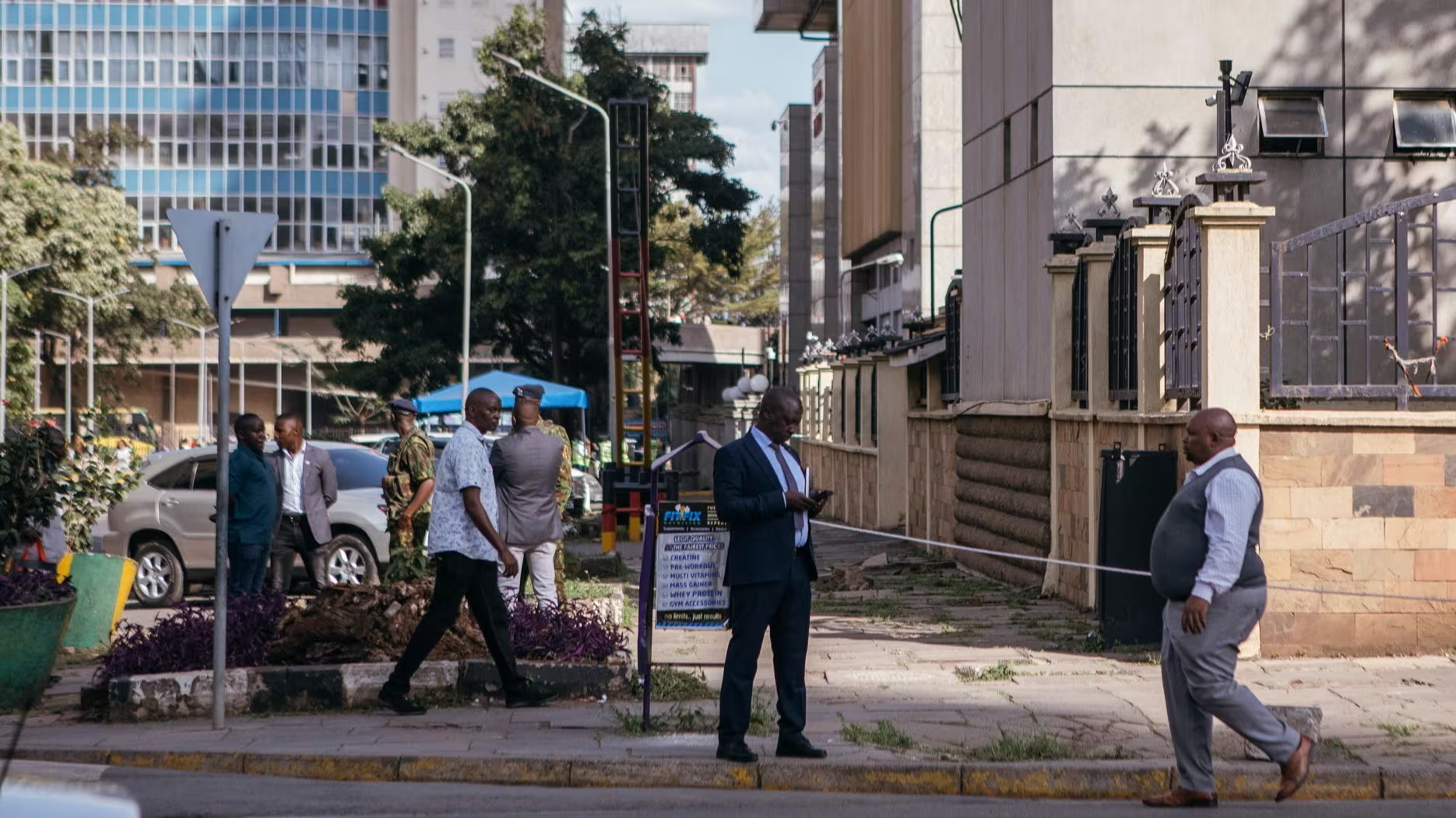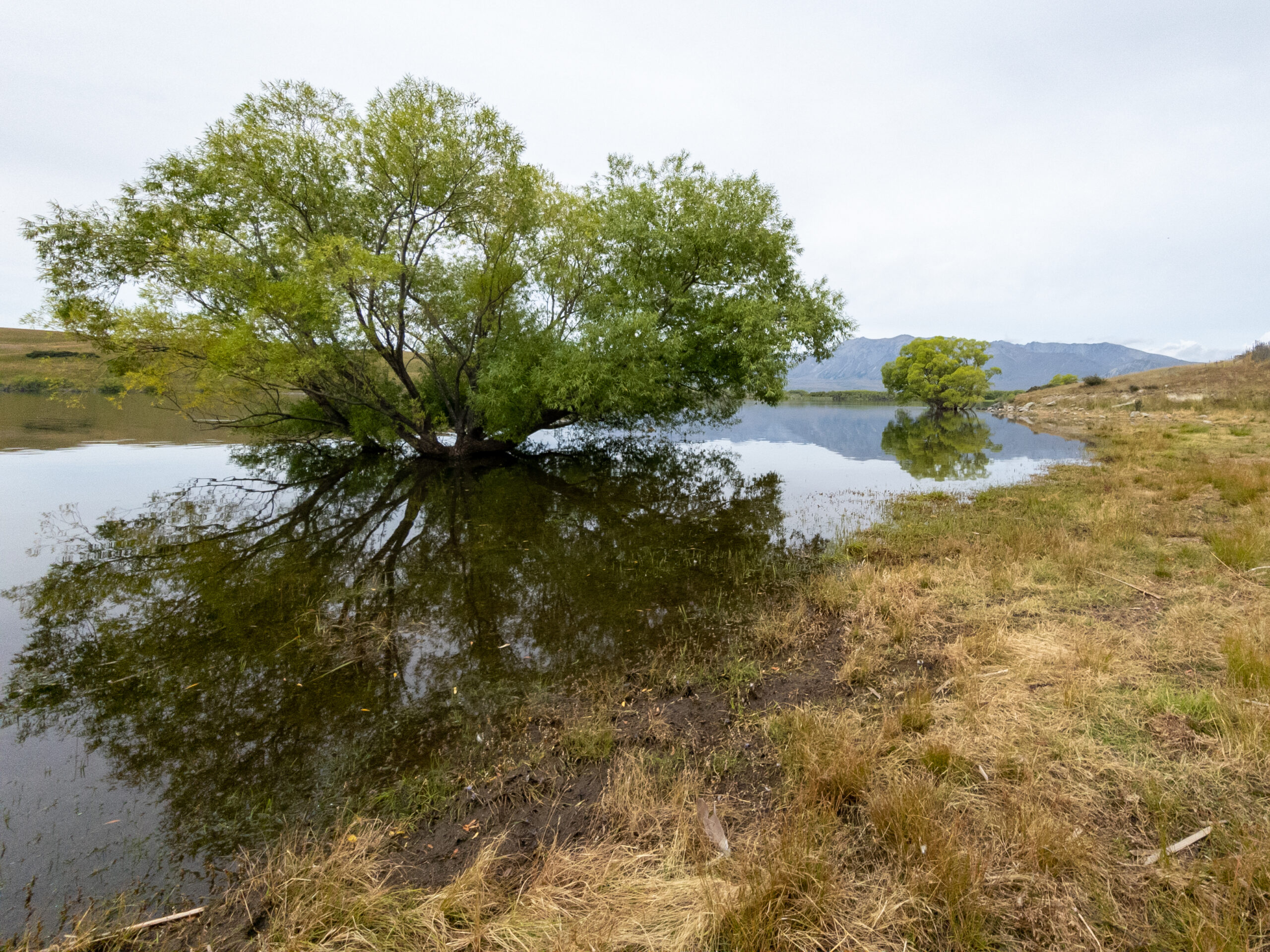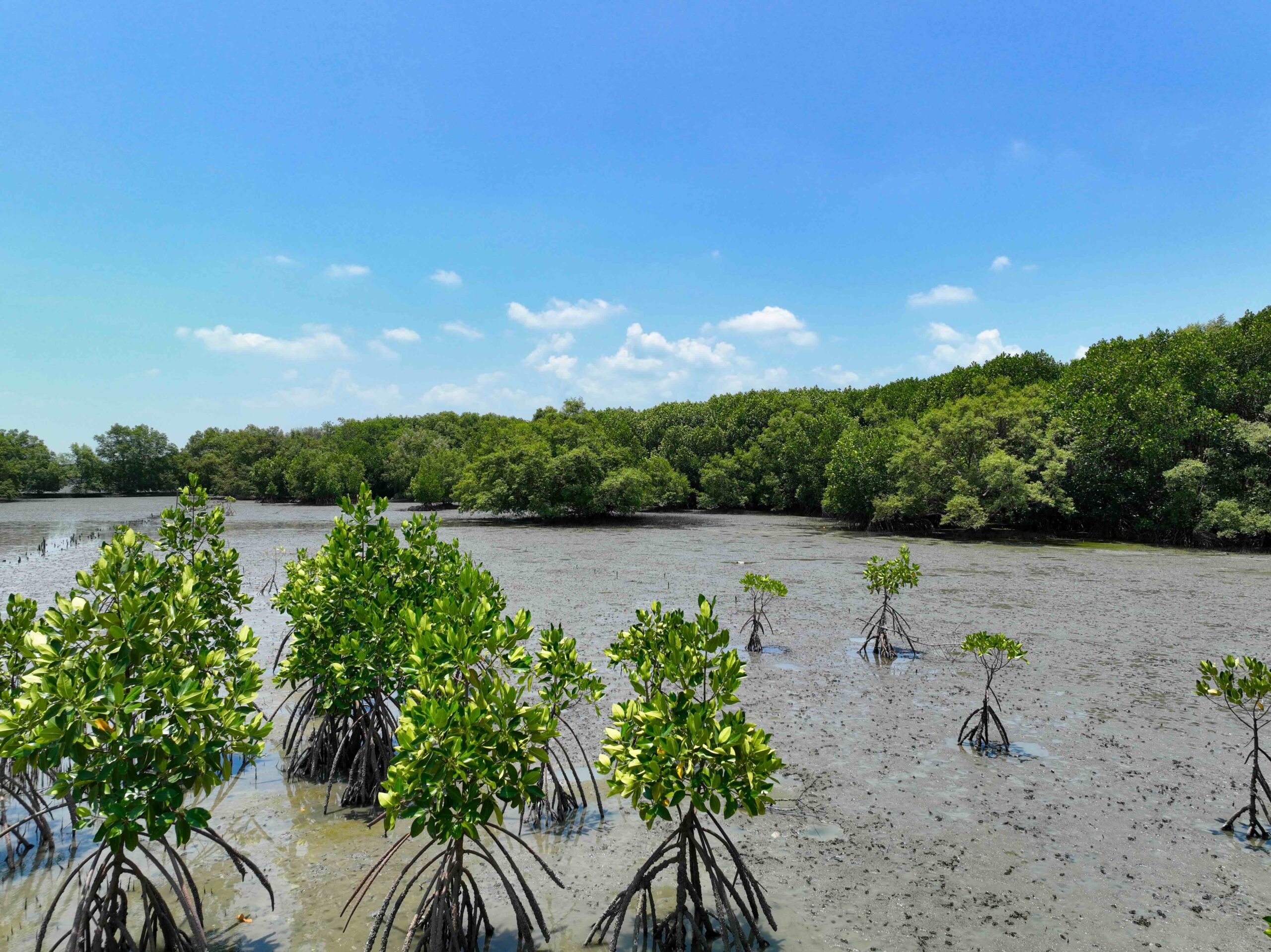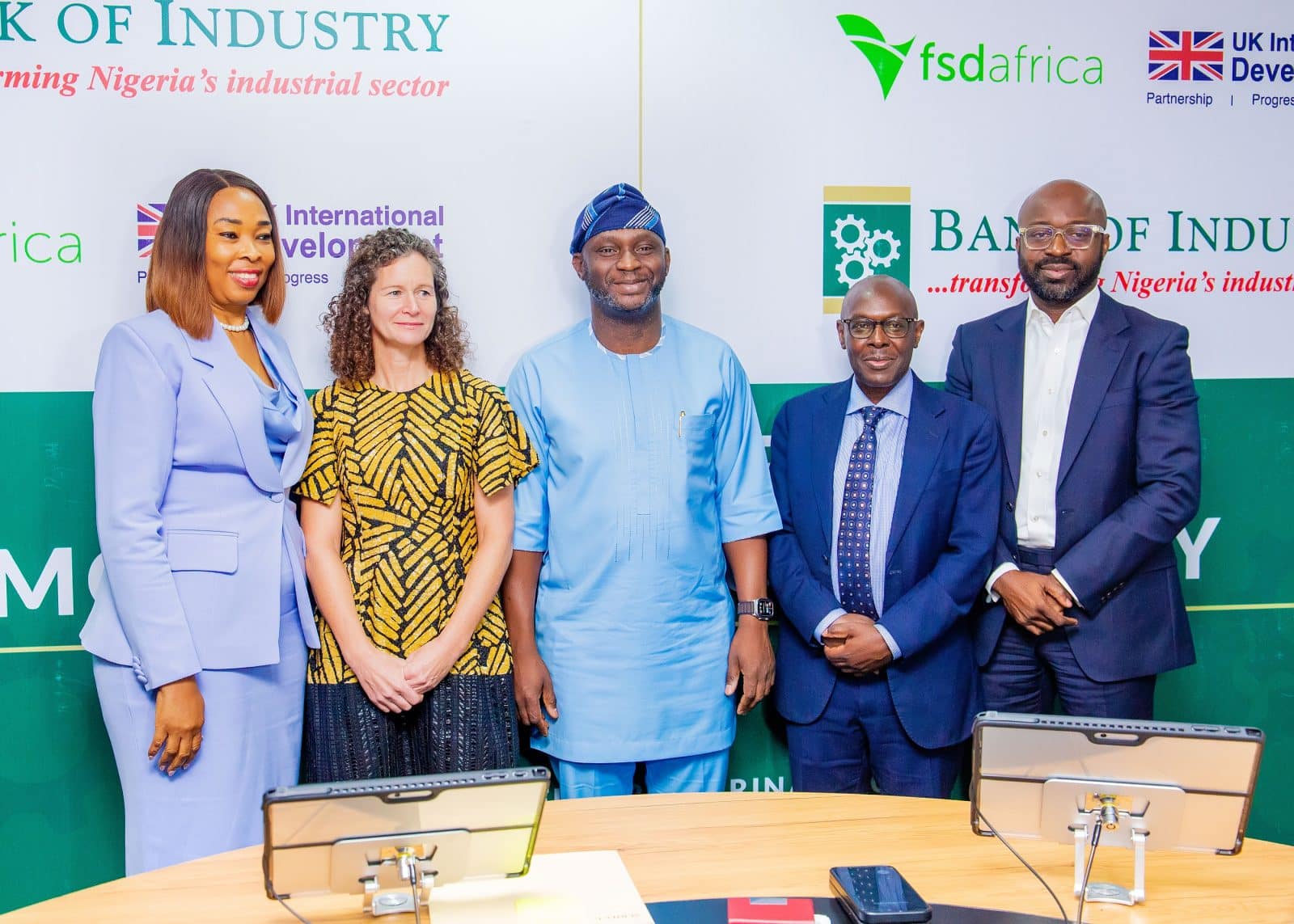Closing the gap between the scale and impact of long-term savings is critical to Africa’s ability to mobilize domestic capital
9am, Nairobi, Kenya, 27 January 2026: Africa’s pension funds and other collective investment schemes other institutional now hold over USD 600 billion, substantial long- term capital, ranging from USD 17 billion in Nigeria to USD 390 billion in South Africa to USD 20 billion in Kenya, yet most remains concentrated in government securities rather than productive sectors such as infrastructure, housing and SMEs, according to a new Landscape Report on Africa’s Institutional Capital Markets.
The report, which was released at the continent’s first Pan-African Fund Manager’s Alliance (PAFMA) Conference in Nairobi, examines why this persists and what could change. It concludes that closing the gap between the scale and impact of long-term savings is critical to financing Agenda 20631 – The African Union’s 50-year blueprint for transforming Africa into a global powerhouse – and the continent’s ability to mobilise and deploy its own domestic capital.
Commissioned by FSD Africa, in partnership with the African Pension Supervisors Association (APSA) and the Pan-African Fund Managers’ Alliance (PAFMA), the report highlights that in many markets, less than 10% of pension assets are allocated to productive sectors such as infrastructure, housing, private credit or small and medium- sized enterprises. It calls for increased coordination, market infrastructure and scalable investment pathways that allow long-term capital to be deployed productively.
The report, which draws on data compiled from pension funds and asset managers across multiple African markets, offers a rare snapshot of how long-term domestic savings are currently allocated and provides actionable insights and recommendations to help unlock the full potential of African pension and asset management systems.
It was launched in tandem with a new interactive database, the APAM Data Hub, containing up-to-date information on Africa’s pension systems and asset management industry along with analytical tools, providing a valuable resource for policymakers, regulators, industry practitioners, and researchers.
Key findings of the Report include:
- Institutional savings are larger than often assumed, with assets under management in Collective Investment Schemes (CIS) ranging from USD 3 billion in Nigeria to USD 200 billion in South
- Asset allocation remains highly conservative, with government bonds accounting for approximately 60–70% of pension fund portfolios in many countries. 90% in Ghana, 60% in Nigeria and 50% in
- Pension funds now form the backbone of domestic sovereign debt markets, supporting short-term stability but increasing long-term exposure to fiscal and inflation
- Shallow capital markets and limited investable pipelines continue to constrain diversification, even where institutional appetite
Commenting on the findings, Evans Osano, Chief Financial Markets O`icer at FSD Africa, said: “This new report shows how unevenly pension and asset management markets have evolved across the continent, but it also indicates how significantly Africa’s institutional savings have grown overall as a pool of largely untapped long-term capital. Mobilising domestic institutional pools of capital for Africa’s development priorities will require a concerted ‘business unusual’ approach. We need new asset classes, new partnerships, and new enablers.”
Tapologo Motshubi, Chair of PAFMA, added: “Progress will depend on sustained collaboration between fund managers, regulators, project sponsors and policymakers. PAFMA’s role is to provide a platform for that collaboration, helping align market practice, regulatory thinking and investment opportunities so that domestic institutional capital can play a larger role in Africa’s long-term development.”
Since its introduction by FSD Africa at the Africa Climate Summit in 2023 as part of its mission to build deeper, more coordinated capital markets, PAFMA membership has grown to 11 members representing 23 countries with a market size exceeding US$200 billion in AUM. The PAFMA Conference brings together senior industry leaders, regulators and policymakers to discuss the report’s findings and explore practical steps to strengthen capital market infrastructure, expand investable pipelines and improve regional coordination.
ENDS
For more information, please contact:
Kaara Wainana,
Senior Manager, Advocacy, Campaigns and Partnerships FSD Africa Kaara@fsdafrica.org
About Pan African Fund Managers Association (PAFMA)
PAFMA is a pioneering trade association uniting fund managers from across the African continent. Established in 2023 by five founding members – Pension Fund Operators Association of Nigeria (PENOP), the Fund Managers Association (FMA) in Kenya, the Botswana Investment Professionals Society (BIPS), the Ghana Securities Industry Association (GSIA) and the Investment Management Association of Uganda (IMAU), PAFMA is dedicated to bridging the climate finance gap through private sector initiatives, with a strategic focus on alternative investments and green finance.
Since its introduction by FSD Africa at the Africa Climate Summit in 2023, PAFMA membership has grown to 11 members representing 23 countries with a market size exceeding US$200 billion in AUM; building a strong network of African fund managers, PAFMA seeks to unlock the potential of Africa’s domestic capital pools, ensuring that African savings finance African development.
About FSD Africa
FSD Africa is a specialist development agency funded through UK International Development operating in more than 30 countries working to help make finance work for Africa’s future. Based in Nairobi, FSD Africa’s team of financial sector experts work alongside governments, business leaders, regulators, and policymakers to achieve policy and regulatory reform, capacity strengthening, and improving financial infrastructure, to address systemic challenges in Africa’s financial markets. Since 2017, the organisation’s strategy has evolved to prioritise solutions to Africa’s most critical challenges: economic, social, and environmental. The organisation has worked to promote investment into the continent’s green economy, as well as its rates of financial inclusion and gender equality. FSD Africa – previously known as Financial Sector Deepening Africa – was founded in 2012 and is based in Nairobi, Kenya.
For more information, please visit: https://www.fsdafrica.org
